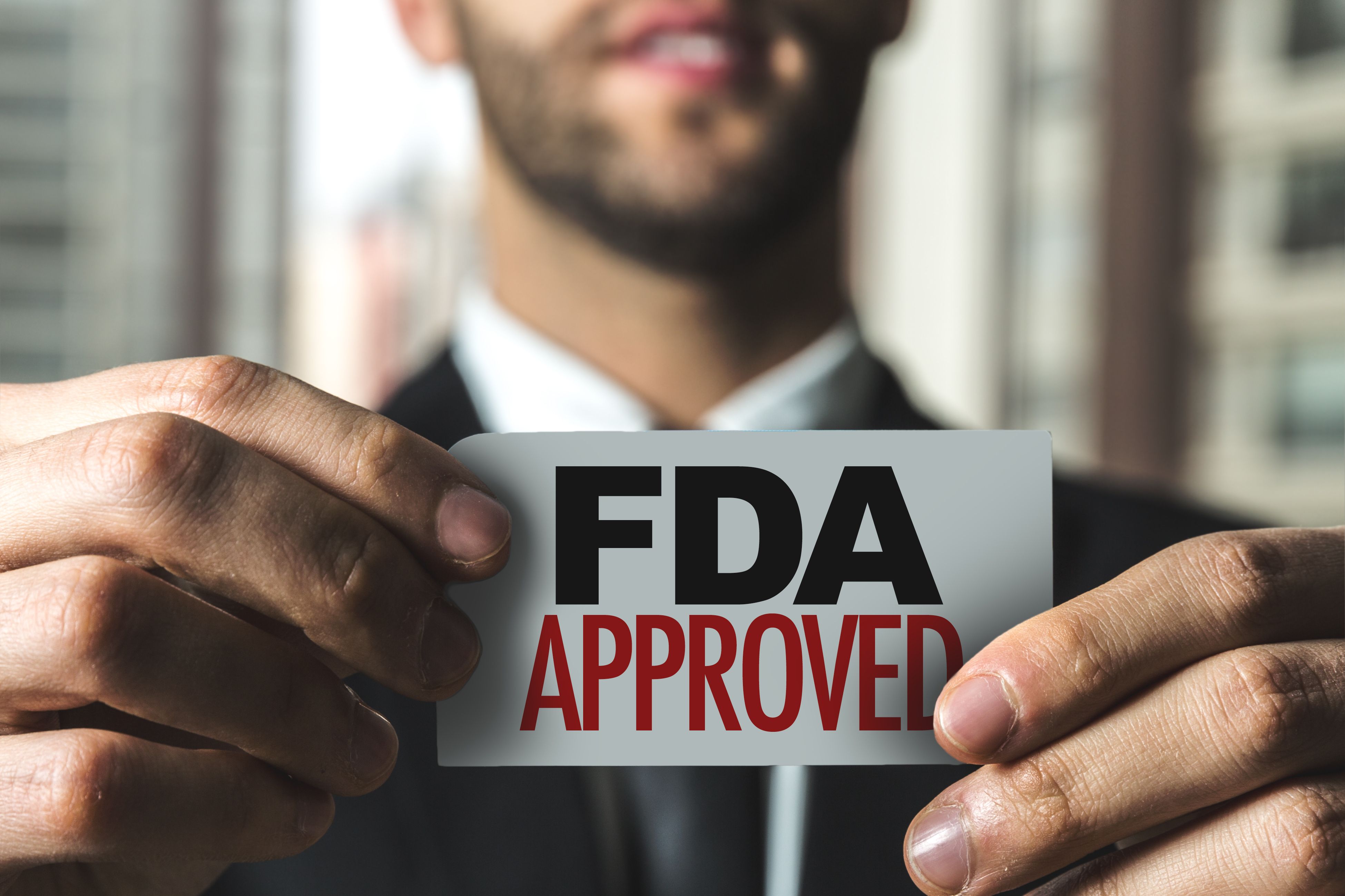- Bone Health
- Immunology
- Hematology
- Respiratory
- Dermatology
- Diabetes
- Gastroenterology
- Neurology
- Oncology
- Ophthalmology
- Rare Disease
- Rheumatology
FDA Approves High-Concentration Cyltezo
The FDA approved a high-concentration, citrate-free version of Boehringer Ingelheim’s Cyltezo (adalimumab-adbm), making it the second high-concentration adalimumab biosimilar to have an interchangeability designation.
The FDA approved a high-concentration, citrate-free version of Boehringer Ingelheim’s Cyltezo (adalimumab-adbm), making it the fifth high-concentration biosimilar referencing Humira (adalimumab) to be approved in the US.
Image credit: gustavofrazao - stock.adobe.com

“With this FDA approval, we are now able to offer both high- and low-concentration, citrate-free formulations of Cyltezo, further expanding treatment access for patients living with certain chronic inflammatory diseases,” said Stephen Pagnotta, executive director and biosimilar commercial lead at Boehringer Ingelheim. “Many patients are treated with high-concentration adalimumab formulations, and we are excited to add this new option to our approved citrate-free Cyltezo and Adalimumab-adbm offerings.”
The low-concentration, citrate-free version of Cyltezo was originally approved in August 2017. It was also approved with an interchangeability designation. However, the high-concentration version has not been deemed interchangeable.
In 2023, 9 adalimumab biosimilars launched on the US market: Amjevita (Amgen), Cyltezo (Boehringer Ingelheim), Hadlima (Organon/Samsung Bioepis), Hulio (Biocon Biologics), Yuflyma (Celltrion), Yusimry (Coherus Biosciences), Abrilada (Pfizer), Hyrimoz (Sandoz), and Idacio (Fresenius Kabi). Amjevita launched in January 2023, Abrilada launched in October 2023, and the rest launched in early July 2023.
High-concentration adalimumab makes up about 80% of total adalimumab prescriptions. This approval represents the fifth for a high-concentration adalimumab, following Hadlima, Hyrimoz, Yuflyma, and Simlandi. Of the products with a high-concentration formulation, Cyltezo, Hadlima, and Hyrimoz are the only ones that also come in a low-concentration formulation.
Adalimumab products are used to treat a number of inflammatory conditions:
- Rheumatoid arthritis in adults
- Polyarticular juvenile idiopathic arthritis
- Psoriatic arthritis
- Ankylosing spondylitis
- Crohn disease
- Ulcerative colitis
- Chronic plaque psoriasis
“This FDA approval is another step forward for people with chronic and often debilitating diseases such as rheumatoid and psoriatic arthritis,” said Steven Taylor, president and CEO of the Arthritis Foundation. “We stand united with our patients and healthcare providers in the effort to accelerate the adoption of biosimilars, which benefit patients as well as the larger healthcare ecosystem.”
The approval was based on data VOLTAIRE-HCLF phase 1 trial evaluating the safety of the new formulation vs the low-concentration version in healthy volunteers between 18 and 55 years old.
The new high-concentration formulation (100 mg/mL) is offered in prefilled syringe or prefilled autoinjector forms, according to Boehringer Ingelheim. It will be priced at a 5% lower rate compared with Humira when sold as Cyltezo and at an 81% discount when marketed as the unbranded product adalimumab-adbm.
“Biologics and biosimilars are a crucial treatment option for many living with psoriatic arthritis or psoriasis,” said Leah M. Howard, JD, president and CEO of the National Psoriasis Foundation. “We welcome the introduction of this additional formulation to expand the array of options available to our community.”
Reference
US FDA approves high-concentration, citrate-free formulation of Cyltezo (adalimumab-adbm) injection, Boehringer Ingelheim's interchangeable biosimilar to Humira. News release. Boehringer Ingelheim. May 1, 2024. Accessed May 1, 2024. https://www.prnewswire.com/news-releases/us-fda-approves-high-concentration-citrate-free-formulation-of-cyltezo-adalimumab-adbm-injection-boehringer-ingelheims-interchangeable-biosimilar-to-humira-302132457.html
Newsletter
Where clinical, regulatory, and economic perspectives converge—sign up for Center for Biosimilars® emails to get expert insights on emerging treatment paradigms, biosimilar policy, and real-world outcomes that shape patient care.
